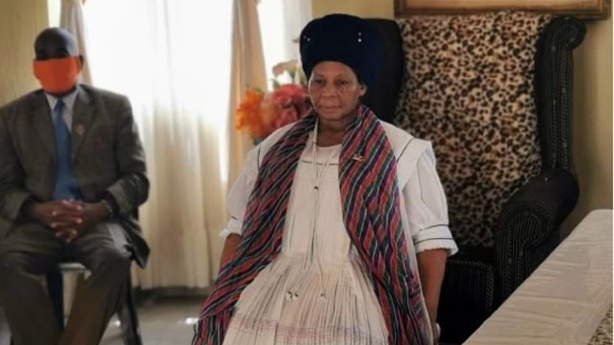The Supreme court of Appeal has overturned a Limpopo high court decision naming Morwamuhube Thulare as acting king of the Bapedi nation.
It has ordered a new hearing to determine, based on Bapedi custom, who has the right to choose an acting monarch.
This follows the death of King Victor Thulare III from Covid-19 complications in 2021. He left no heir, and a succession dispute erupted in the Bapedi royal family.
In a judgment handed down on Monday, Justice Raylene Keightley found that the high court in Polokwane erred by deciding on the legitimacy of the acting king without sufficient evidence to determine who constitutes the royal family under Bapedi custom.
“The high court was not properly equipped to make any determination as to who constitutes the royal family; nor is this court able to do so on appeal,” Keightley said.
The case pits Queen Mother Manyaku Thulare, mother of the late king and former candle wife of his father, King Rhyne Sekhukhune III, against Ernest Thulare, a half-brother of the deceased.
Each claims to have been legitimately identified as the interim leader by their respective factions of the royal family.
The queen mother maintains she was chosen at a meeting on 21 February 2021 by a group including herself, her son, the deceased’s two non-candle wives, and other close relatives.
(A “candle wife”, also known as timamollo or “great wife” is essentially seen as the wife of the nation, and her primary duty is to ensure the continuation of the royal lineage through a male successor.)
Ernest Thulare was appointed at a separate meeting on 28 February 2021. The meeting was attended by 46 individuals, including uncles, aunts, and other relatives connected to the late king’s paternal lineage.
At the heart of the appeal was the question of who is authorised under Bapedi custom to select an acting monarch when there is no heir.
Keightley said the term “royal family” is defined in legislation as comprising the core customary institution or structure consisting of immediate relatives of the ruling family within a traditional community [or Khoi-San], “who have been identified in terms of custom[ary law or customs], and includes, where applicable, other family members who are close relatives of the ruling family.”
However, she said, this statutory definition does not provide a definitive list and must be interpreted through customary law.
“The parties in this case made competing assertions about who, according to Bapedi custom, constitutes the royal family but failed to adduce any expert, or other, factual evidence,” Keightley said.
The court has now remitted the matter back to the Limpopo high court to be heard afresh by a different judge.
Keightley declined the Queen Mother’s request to be formally recognised as acting queen pending finalisation of the matter.
“I am of the view that it would not be appropriate to accede to the Queen Mother’s request. The high court is already seized with the dispute as to what the interim arrangements should be. Those proceedings have not been finalised and remain contested. They ought properly to be dealt with by the high court,” she said.
Keightley said there were no outright winners or losers in the matter.
SowetanLIVE
